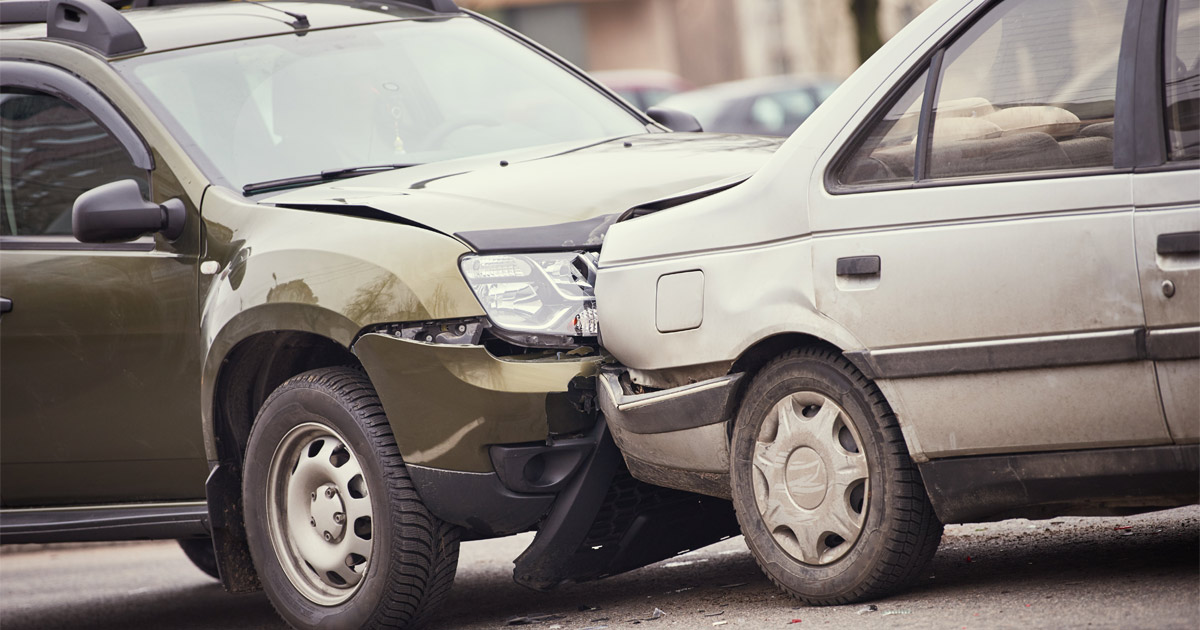Tailgating is one of the most common yet preventable causes of car accidents. When a motorist follows another car too closely while traveling at a high speed, this is extremely dangerous and can result in severe injuries and fatalities. According to the National Highway Traffic Safety Administration (NHTSA), in 2020, rear-end accidents were responsible for nearly 28 percent of all car accidents, resulting in 417,062 injuries and 2,483 deaths.
These accidents are preventable if you maintain a safe following distance and pay attention to the vehicles around you.
What Causes Motorists to Tailgate?
All motorists are responsible for following the rules of the road at all times, which includes leaving enough space between you and the vehicle you are following. Too often, however, motorists follow the car in front of them too closely, increasing the risk of a severe accident. There are several reasons why people tailgate, including the following:
- Speeding: Often, motorists tailgate when they rush to get somewhere, whether they are running late for work or simply impatient and in a hurry to get where they are going.
- Distracted driving: Tailgating accidents can occur in seconds if a motorist is distracted by a phone call, a text message, or anything else that takes their attention away from the road.
- Road rage: When a motorist is aggravated about being stuck in slow-moving traffic, this can quickly escalate to road rage. Tailgating is common in stop-and-go traffic, where people quickly become impatient and frustrated. When an angry driver takes their frustration out on another motorist by following too closely or engaging in other aggressive driving behaviors, this can have devastating consequences.
- Impaired driving: Motorists driving while under the influence of drugs or alcohol are more likely to tailgate. This, combined with a slower reaction time, can increase the risk of a serious tailgating accident.
What Is a Safe Following Distance?
According to the National Safety Council (NSC), motorists should follow the three-second rule to maintain a safe following distance. To do this, pick an object on the road ahead, like a phone pole or traffic sign. When the car in front of you reaches that object, start counting. If it takes you less than three seconds to reach that object, you are following too closely.
Keep in mind that this rule applies when driving conditions are ideal. During inclement weather where road conditions are not ideal or visibility is an issue, make sure that you leave additional space between you and the car in front of you.
How Do I Avoid a Tailgating Accident?
You cannot control how other motorists drive, but you can take steps to avoid tailgating and put distance between you and another vehicle that is tailgating you, including:
- Maintain a safe following distance: Follow the three-second rule and slow down if you are getting too close to the vehicle in front of you, particularly during inclement weather.
- Maintain a safe speed. Obey the speed limit at all times. Consider using cruise control on the highway to maintain a steady speed.
- Use caution. Pay attention to the other motorists in the vicinity. If a vehicle tailgates you, change lanes so the motorist can pass you.
- Be patient. People often tailgate when they are in a rush or frustrated that they are stuck in traffic. It is not worth tailgating and putting yourself and other drivers at risk.
Philadelphia Car Accident Lawyers at McCann Dillon Jaffe & Lamb, LLC Represent Victims of Tailgating Accidents
If you were injured in a tailgating car accident, do not hesitate to contact our Philadelphia car accident lawyers at McCann Dillon Jaffe & Lamb, LLC. We can review the accident details and determine whether negligence was involved. To schedule a free consultation, call us today at 215-569-8488 or contact us online. Located in Philadelphia and Abington, Pennsylvania, as well as Wilmington, Delaware, we serve clients throughout the surrounding areas.


